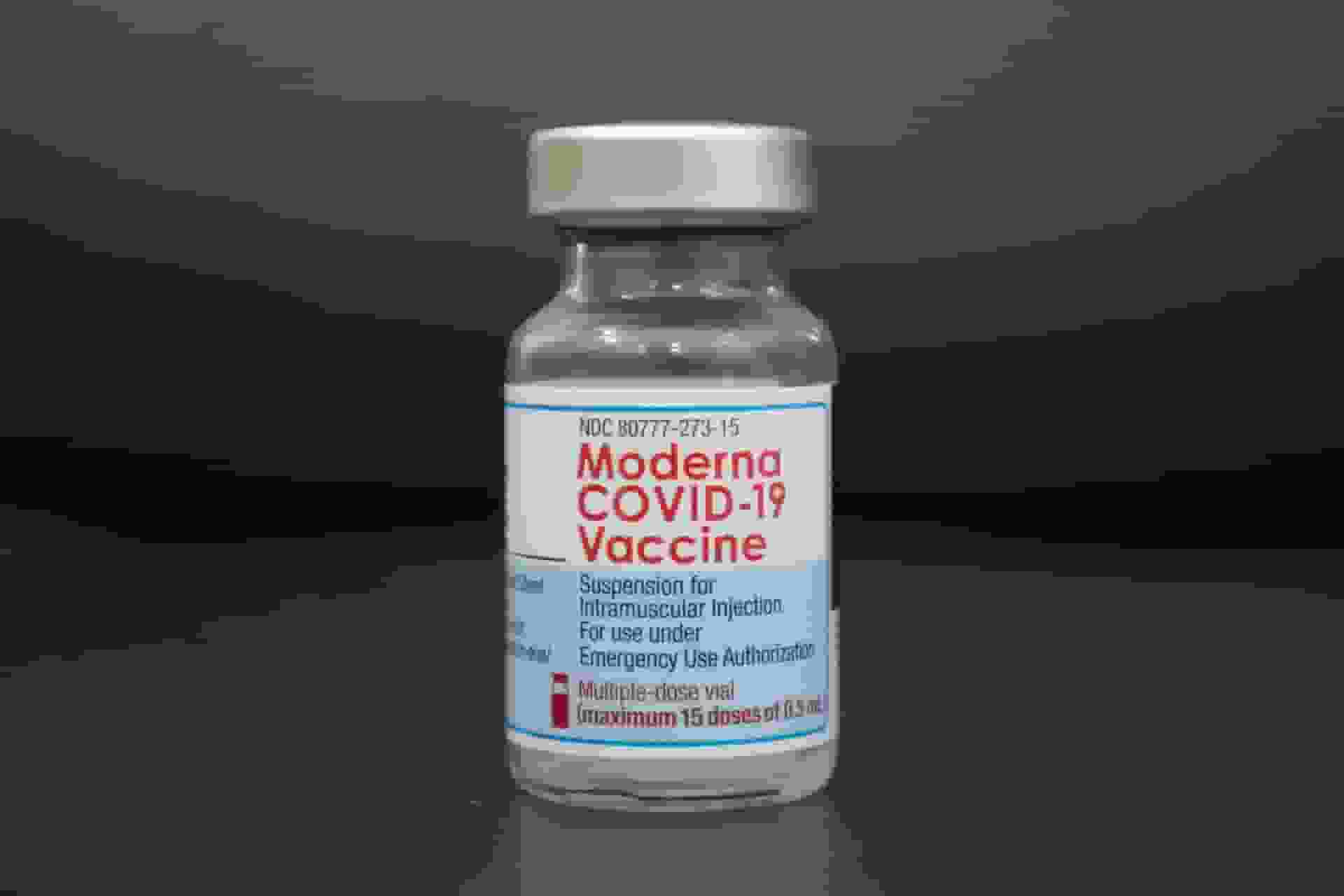
After expressing near-unanimous support for US COVID-19 vaccine booster shot recommendations a year ago, health experts are now divided over who should receive them and when.
Bloomberg surveyed 13 vaccine specialists, infectious disease doctors, and public health experts regarding the most recent recommendations from the Centers for Disease Control and Prevention (CDC) regarding the new booster shots from Moderna Inc. and the partnership between Pfizer Inc. and BioNTech SE.
Poll: Only High-Risk People Should Receive Booster
Fewer than half of those surveyed supported the CDC’s most recent recommendations in full. Others believed that only those at the highest risk should receive a second injection at this time.
Next month, when health regulators and independent advisors meet to determine if vaccine and booster recommendations need to be altered in light of the pandemic’s evolution, these concepts will likely be discussed.
The sentiment represents a change from the optimism surrounding third doses last year, when cases were on the rise and immunity from the first round of vaccinations was waning. When Bloomberg polled 15 experts on boosters last December, 93% said that all eligible individuals should receive one.
In September, Pfizer and competitor Moderna released updated boosters, but vaccine-weary Americans were not so receptive.
However, only around 13% of individuals in the United States have received the bivalent vaccine that protects against both the omicron strain and the original COVID-19. On December 6th, the White House made a new effort to encourage more Americans to obtain up-to-date vaccinations.
Advanced COVID-19 Vaccine Booster

In what was likely his last White House briefing before retiring at the end of the year, Fauci advised, please, for your own protection, for that of your family, As soon as the new COVID-19 vaccine becomes available, get it.
Between September when the new boosters were made available and early November when the findings were analyzed, about 360,000 COVID-19 tests were provided to individuals with coronavirus-like symptoms at pharmacies across the country. Comparing those who did and did not contract COVID-19, this study looked at their vaccination records.
Whatever the variety, the initial vaccinations have provided excellent protection against the most severe sickness and death. We don’t yet know how long the additional protection against symptomatic infection lasts, given the CDC’s investigation only followed the first few months of the usage of the new boosters.
The campaign encourages people to receive the COVID-19 booster and annual flu vaccination as soon as possible, which is in line with the recommendations of the American Medical Association and nearly a dozen other health organizations. This year’s flu season has begun early and with a vengeance. Hospitals and doctor’s offices are overrun because of COVID-19 and other respiratory infections.
Although the new vaccines aren’t a perfect match, businesses are pointing to preliminary antibody evidence that suggests they may provide some protection against the even more modern omicron strains.
Read more: COVID-19 vaccine: What you should know about boosters for kids?

